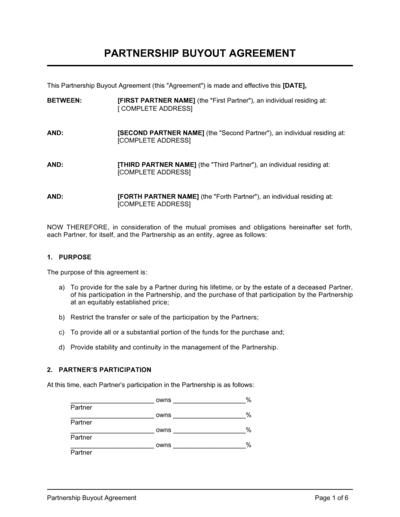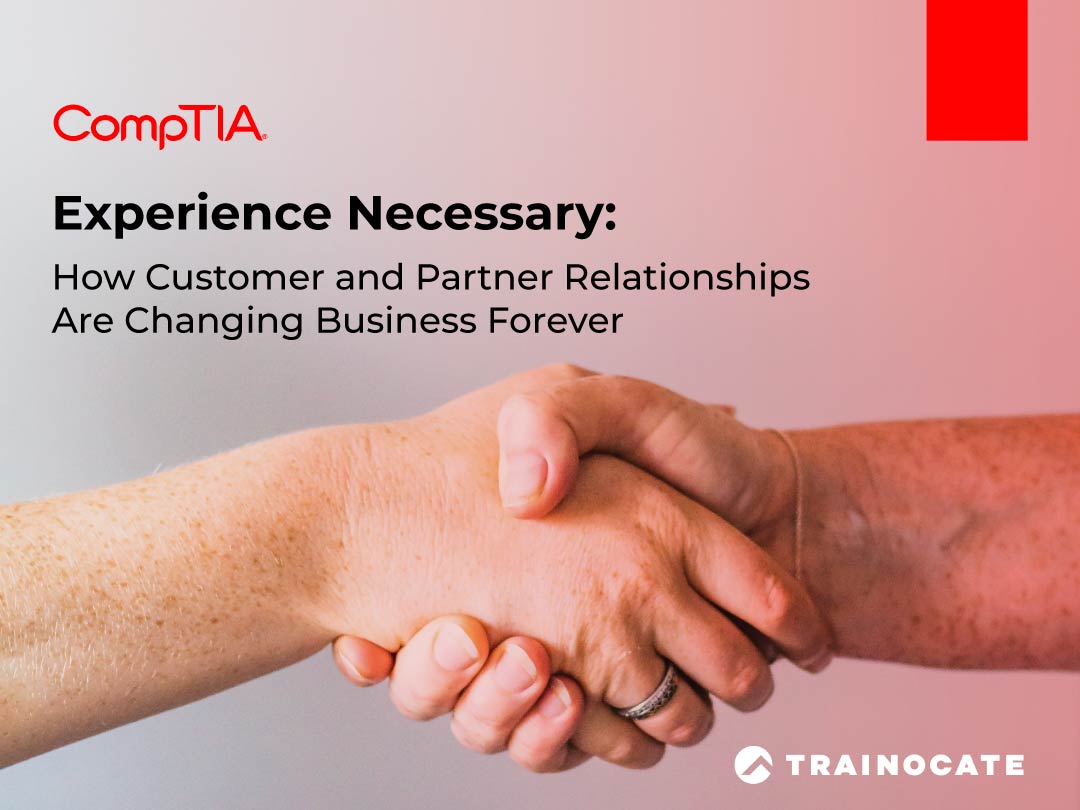Can I Force My Business Partner To Buy Me Out

Business partnerships can sour, leaving one partner desperate to exit. The burning question: can you legally force your partner to buy you out?
This article cuts through the legal jargon to deliver a straightforward answer about compelling a buyout, focusing on your rights and available options when partnership disputes arise. We address the who, what, where, when, why, and how of forcing a buyout, providing clarity and immediate steps you can consider.
Understanding Your Partnership Agreement
The partnership agreement is your first, and often most critical, point of reference. It dictates the terms of your business relationship and typically outlines procedures for dissolution or partner exit.
Look for clauses addressing buyout options, valuation methods, and dispute resolution mechanisms. The agreement might specify triggers for a forced buyout, like breach of contract or irreconcilable differences.
No Buyout Clause? What Now?
If your partnership agreement lacks a buyout clause, the situation becomes more complex. State laws governing partnerships will then take precedence.
Under the Uniform Partnership Act (UPA), applicable in most states, partners generally have the right to dissociate. However, dissociation doesn't automatically trigger a forced buyout.
Dissociation vs. Dissolution
Dissociation refers to a partner leaving the business, while dissolution signifies the end of the partnership itself.
Dissociation might entitle you to receive the fair value of your partnership interest, but it doesn't necessarily force the remaining partner to purchase it. Dissolution, on the other hand, can lead to a buyout or the liquidation of the business assets.
Legal Grounds for a Forced Buyout
Certain circumstances might support a legal claim to force a buyout. These often involve serious breaches of fiduciary duty.
Examples include fraud, embezzlement, gross mismanagement, or actions that severely harm the business. Document everything meticulously if you suspect such misconduct.
Seeking Legal Action: Litigation and Mediation
If negotiation fails, you may need to pursue legal action. This often involves filing a lawsuit seeking a court order for a forced buyout or dissolution of the partnership.
Litigation can be costly and time-consuming. Mediation, an alternative dispute resolution method, offers a less adversarial approach to reaching a buyout agreement. Many partnership agreements require mediation before resorting to litigation.
Valuation of Your Partnership Interest
Determining the fair value of your partnership interest is crucial in any buyout scenario. This often requires hiring a qualified business valuation expert.
They will assess the business's assets, liabilities, profitability, and market conditions to arrive at a fair market value. The partnership agreement may also specify a valuation method.
Important Considerations and Data
According to a study by the Small Business Administration (SBA), partnership disputes are a leading cause of business failures. A well-drafted partnership agreement can significantly reduce the risk of such disputes.
Data from the American Arbitration Association (AAA) shows that mediation successfully resolves approximately 85% of business disputes. This highlights the potential benefits of exploring mediation before resorting to litigation.
Next Steps: Protecting Your Interests
Consult with an experienced business attorney immediately. They can review your partnership agreement, assess your legal options, and advise you on the best course of action.
Document all communication and financial transactions related to the partnership. This evidence will be crucial in any negotiation or legal proceedings.
Consider exploring mediation as a first step to resolving the dispute. A skilled mediator can help you reach a mutually agreeable buyout settlement.














:max_bytes(150000):strip_icc()/GettyImages-166991785-56d7583e5f9b582ad5021c61.jpg)



